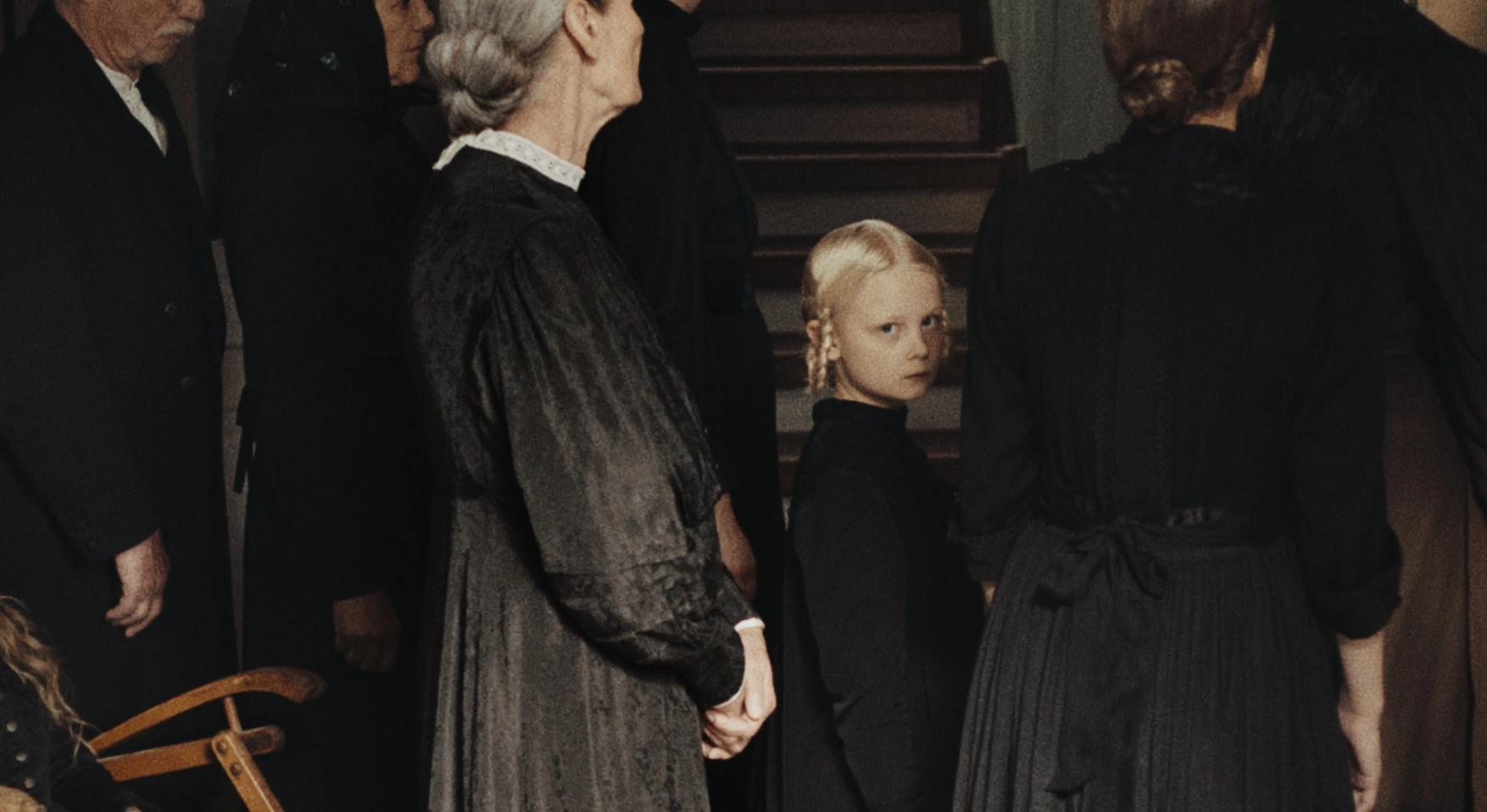LIFF REVIEW: Limbo
The first Italian film I ever watched was the quintessential Roberto Benigni drama-comedy, Life is Beautiful. I was 15 and learning about the holocaust. It was the type of movie they show you when it rains on the crappy old projectors at school and they cut all the swearing and any trace of nudity. To be honest, it was a nice change from the David Attenborough documentaries and the countless re-watching’s we had to suffer of the 1968 mellow-dramatic torture that is Romeo and Juliet. Albeit a classic Italian film, and overall masterpiece in cinematic history, it is not what 15 year olds who are unable to go outside want to see. We want explosions, Nazi’s and boobs. In Life is Beautiful, we may not have received the latter, but we sure did get the former.
My first taste of Italian cinema was very beautiful and dramatic in that typical Roberto Benigni eccentric way. But yet, it was incredibly defined, with a sense of cinematographic elegance that I had yet to find in other world cinemas. Four years have passed since then and I can confidently say that magic can be found in Lucio Pellegrini’s adaption of the novel of the same name, Limbo.
Limbo is a haunting but very humane tale concerning very inhumane circumstances. Within the first scene of the film, Manuel is told by her doctor that it is “a healing process”. This notion of healing is found through the discovery of herself and her personal life that she may have lost during her time away. This entire film is a healing process, for Manuel and the people who surround her. Before we delve into the plot I just want to say, you will cry, and you will feel pain. This isn’t the saddest film I have ever seen; it is just raw. Raw to the epicentre of emotions that torment and hurl Manuel and her wavering grasp on life around. The authenticity that screams from within the actors is incredibly genuine. So good it causes you to ask if what you are watching is actually fiction. Truth be told, I sobbed. Now that important PSA is out of the way, we may continue.
After serving for her country in Afghanistan, Sergeant Manuela Paris is forced to confront questions she may not want to answer over the Christmas period with her family. It is during this time she uncovers what it really means to be a soldier. As she struggles with PTSD, a seriously injured leg, and the prospects of love, it is then that the title, limbo, becomes a very concurrent theme throughout the entirety of the film.
Manuel isn’t just stuck in a limbo between letting go of her professional life in order to finally peruse a personal one, but with Lucio Pellegrini’s excellent direction, we see this grey area she appears to be detained in frequent through every aspect of her life post-war. As she pursues a potential romantic relationship with Mattia, poignantly played by Adriano Gianni, we are drawn to the unstable ground she walks on. The two lovers frequently state “no questions” leaving both, but specifically Manuel, in the dark. It is this uncertainty, this unknowing that plagues Kasia Smutniak’s haunted character throughout the entire run of the film. It is this ongoing theme of a girl drowning in her own life that causes the audience to not only sympathise, but yearn, for the ex-soldier who is plagued with the guilt of a fatal accident.
The tone of this film is brilliantly paced, once again supporting the theme of Manuel’s Limbo within her life. Pellegrini’s viewers are left with an unstable and rather unnerving feeling that both frightens and intrigues. The Clelio Benevento editing of flashbacks contrast Sergeant Paris’s life between Afghanistan and Italy beautifully, playing up the flawless close up shots that highlight the meetings between Manuel and Mattia on their respected balconies. There is something so skilled to not over-doing a film, a line between subtle and bad taste that can be very easily over turned. By muting any opportunities for pretentious tracking shots of vast Italian hills and choosing slightly grim, un-beautified realities of Italy, the film becomes its own sort of beautiful.
This unconventional beauty can be seen not just in the cinematography of the film, but through our protagonist. Exhausted, worn out and limping, Manuel is the opposite of the traditional Italian film star. This rawness glistens amongst the barren landscapes that can be seen in both the Afghanistan setting and the Italian one. She denies any female stereotypes, causing a huge statement within her team of soldiers. Her demand for respect causes the audience to not view her as a victim once she leaves Afghanistan, but a fighter. Nationally, this caught the attention of The Minister of Defence, Roberta Pinotti, who attended the film’s premier in November 2015, claiming how proud she was to see a strong female portray Italy's soldiers. As of 2012, there were still approximately 3,150 Italian troops in Afghanistan, including army, air force and Special Forces personnel. This statistic alone establishes Limbo as a current piece of cinema that is bound to cause an impact once it lands on Australian shores for the Lavazza Italian Film Festival this month.
Although a true gem to watch, Limbo is not without its flaws. The character of Manuel’s younger sister almost seems unnecessary; a weak force that only adds to the pressures and stress Manuel experiences in her day to day life, and the overall plot becomes lost in places due to the heavy use of the flashbacks. With too many flashbacks, Limbo runs the risk of becoming confusing at times. However, this film is a must-see. And not in a cheesy ‘this will change your life’ sort of way. More like, ‘go see this film, you won’t regret it. You may cry, but you will feel lighter afterwards. Lead by a powerhouse cast and superb direction, Limbo is a poignant but brutal tale of finding yourself within the grey areas. If there is one Italian film you want to cry through this September, make it this one.















